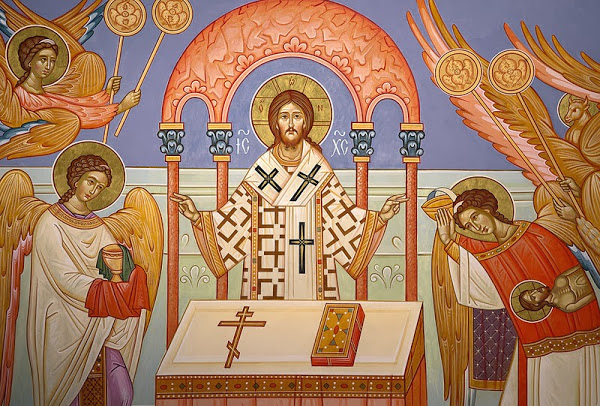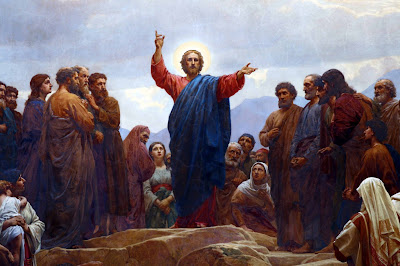Homily for the 16th Sunday in Ordinary Time, July 21, 2024, Year B
Fr. Charles Irvin Diocese of Lansing ( Click here for Sunday’s readings ) Plans. All of us are familiar with plans. There are family plans, school plans, plans at work, travel plans, game plans, and all sorts of other plans. Our days are lived out in them. Even our fun times are planned… sometimes over-planned. Some people can’t stand plans. They want things to be spontaneous and enjoy the surprises that can come when things are unplanned. Others can’t stand to do anything, and I mean anything, without a plan. They need structure; they go nuts without structures. The world in which we live these days, with all of its many demands, requires us to plan ahead. Few of us have the luxury of unplanned holidays and vacations. Most of us cannot get away unless we plan time for getting away from all the tasks that face us in our everyday weeks, months, and years. In today’s Gospel we heard about the apostles who had been out preaching and had come back to Jesus to report about a
.jpg)



